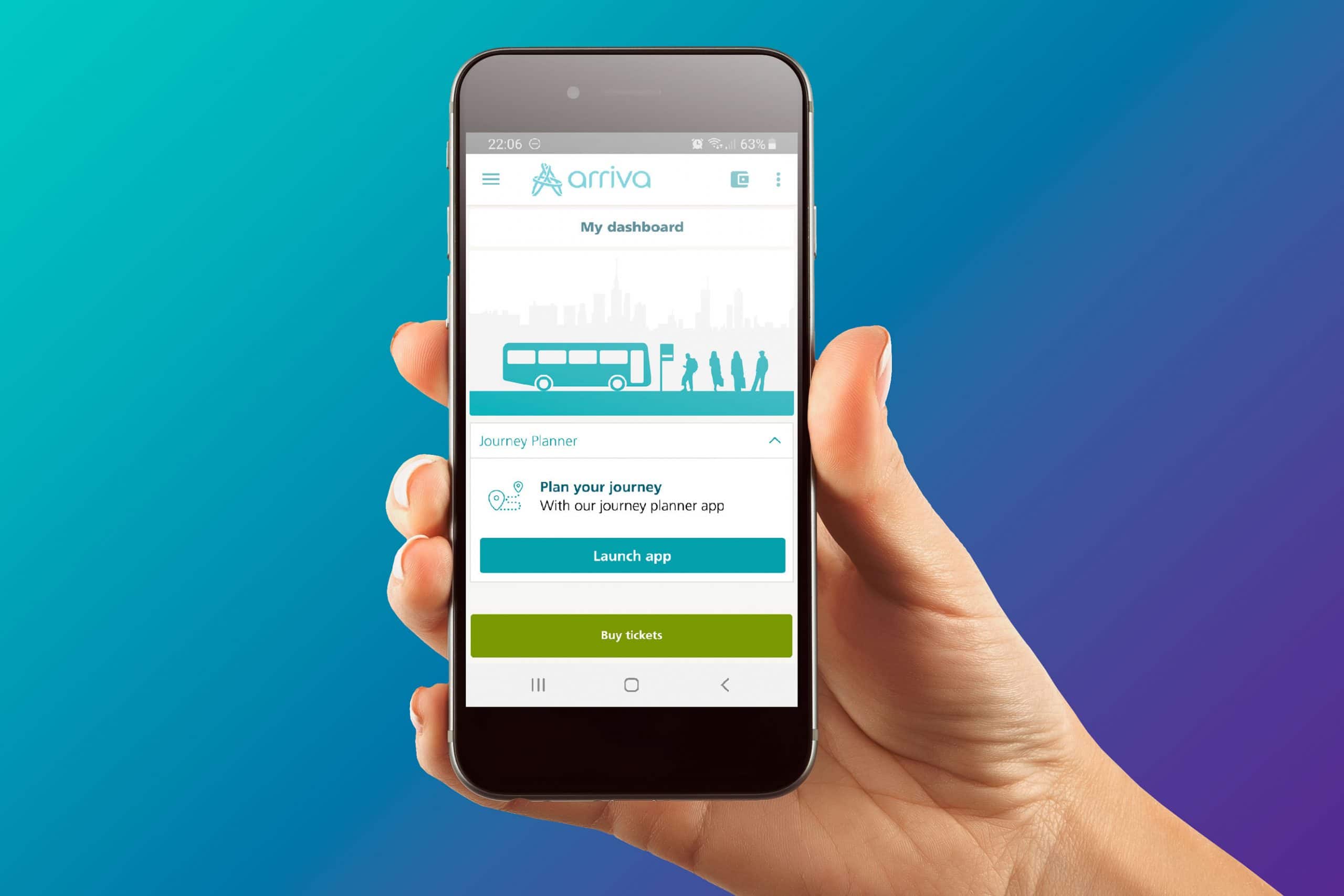With a market share of around 70% of the UK bus sector, Corethree has proven to be a successful mobile-ticketing solution, and it can help operators in more ways than one.
In 2017, card payments knocked notes and coins from their first-place position as the UK’s number one payment method for the first time. While it did not signal the end of the need for cash, it has proven that alternative payment methods need to be adopted.
1 in 10 adults in the UK have gone ‘cashless’ and, with easier ways to checkout than ever before, one in six young people barely use notes and coins.
Operators shouldn’t miss the opportunity to capitalise on this ‘cashless’ society. Don’t assume going cashless will cost an arm and a leg; it may be simpler than you think, and Corethree can help.
Corethree can help with mobile ticketing
Established in 2010, Corethree is the developer behind a mobile ticketing solution which aims to help operators deliver consumer expectations. It currently provides its solution, which Ashley Murdoch, CEO of Corethree, describes as a “very strong, scalable, robust and secure” platform, to 102 bus operators and three coach operators across the UK. And it currently holds a market share of around 70% of the UK bus transport sector.
“The way we got a foot into the market was that we could deliver a very useable, secure and highly-functional app without needing to interact with the ticket machine. So that reduces the cost for the operator.
“Corethree delivers the branded app to the requirements of the operator. Customers download that and then are presented with a list of tickets: Daily, weekly monthly for example.”
The company has incorporated a lot of payment types. Ashley says it was the first in the world, outside of Barclays, to incorporate Pingit. It also accepts PayPal, debit and credit card and Android and Apple Pay.
“All the customer then has to do is choose how they want to pay, and the ticket gets delivered to their handset ready for them to show the driver.”
Record breaking ticket totals as adoption increases
In May, Corethree hit new heights by reaching 100m mobile tickets sold on behalf of its transport operator partners, something which the business says is testament to the growing popularity of mobile ticketing technologies and how m-tickets are becoming the default choice for consumers to travel and experience the smart city.
Among many others, Corethree provides its innovative solution to First Group, Arriva, Transport for London (TfL), Lothian, and Transport for Greater Manchester (TfGM). However, Ashley explains that it all comes down the “beating heart” of Corethree, Core Engine.
“What we have done for First, is different to what we’ve done with Arriva, and what we’ve done for TfL is different to what we’ve done with TfGM.
“But at the heart of it is this proven robust solution that delivers the core capabilities of the system and this is Core Engine, the beating heart of Corethree.
“Core Engine is what we spent 18 months in stealth mode developing, this Core Engine piece sits at the heart of everything.”
Security considerations in mobile ticketing platform
Security is a vital part of the tickets. When a ticket has been activated, it will feature a range of moving watermarks, a word of the day and a countdown so people can’t take screen shots and reuse or send to others.
“This is a proven and secure method for operators to integrate mobile ticketing, because they don’t have to spend any money changing hardware,” says Ashley.
Corethree has also developed a “very clever” QR code system. “The QR code itself changes every five seconds, which is a rare thing in itself because normally a QR code is a static code which links back to information,” Ashley explains. “It helps keep the security in place as again, screen shots can’t be taken. Because it constantly changes and evolves security is still strong.
“And this system works for a range of operators. We work with Ticketer and have integrated with Flowbird Transport Intelligence technology as well.”
Future plans for Corethree
Ashley tells routeone that the business is currently in talks with event and sports venues to build travel partnerships with bus services.
The idea is that people travelling to these events will need transport, and rather than opting for the car or taxi, bus will become a viable option.
The firm is also keen to expand its footprint geographically across Europe and the US, which it says is possible thanks to it being cloud-based. As well as new locations, Corethree also hopes to expand further into the rail industry.
But does Corethree see society becoming fully-cashless? “Handling cash is costly for a business,” Ashley explains. “Cash can go missing, but there is greater security in m-ticketing.”
Buying tickets on demand is what customers are wanting, and mobile ticketing can help give passengers that while lowering cost for operators and hopefully increasing ridership.
Corethree has come a long way from being launched on Ashley’s dining room table nine years ago.
“Think of a tailored suit that’s been tried and tested and shaped and fitted correctly. Corethree is tailor-made technology which has proven to be a solid platform. It can now be tailored and fitted to the operator’s desires,” he says.


























